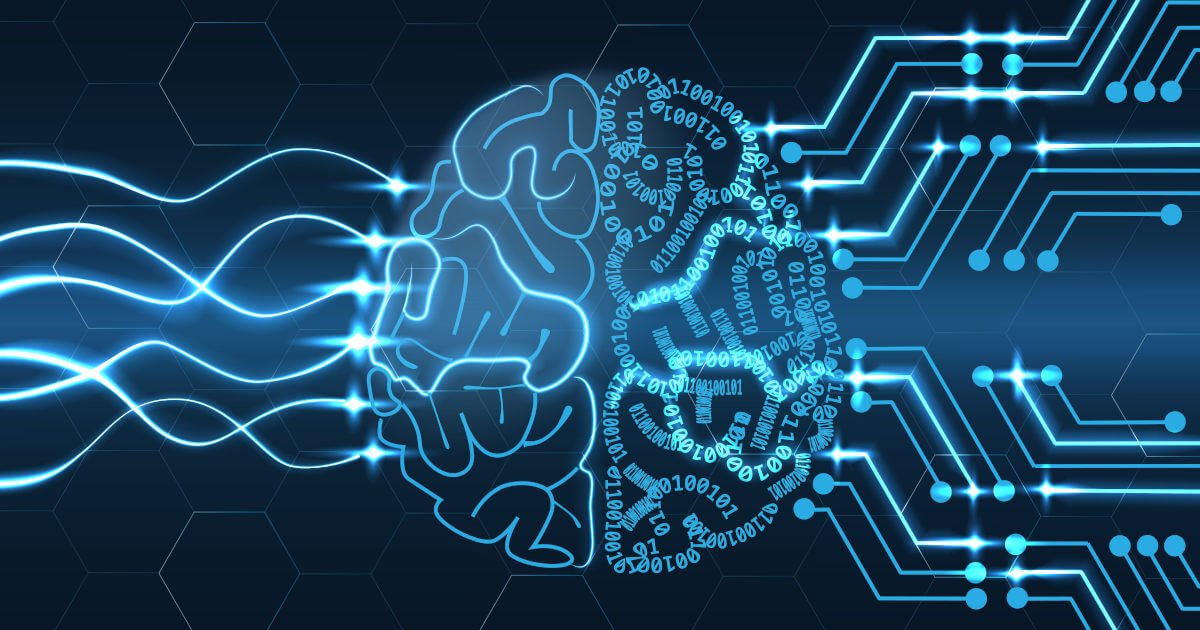Artificial intelligence (AI) chatbots have become an integral part of online communities, promising to enhance user experience through automated assistance and engagement. However, their increasing presence is raising significant concerns about privacy, misinformation, and the fundamental nature of human interaction in these spaces.
The Rise of AI Chatbots
AI chatbots, powered by large language models (LLMs) like OpenAI’s GPT-4, Alphabet’s Gemini, and Anthropic’s Claude, are designed to simulate human conversation. Initially developed to assist with customer service and streamline online interactions, these chatbots have now permeated various facets of online communities, from social media platforms to support forums.
Intrusion into Human Interaction
One of the primary concerns with AI chatbots in online communities is their intrusion into spaces meant for human connection. Users often seek these platforms to engage with other people, share experiences, and seek genuine advice. The presence of AI chatbots can disrupt this dynamic by introducing automated responses that lack the depth and empathy of human interactions.
Misinformation and Harm
AI chatbots can inadvertently disseminate false, misleading, or harmful information. Studies have shown that chatbots often produce inaccurate or biased responses, especially on complex topics such as elections and mental health. For instance, during the 2024 global election cycle, AI chatbots were found to deliver incorrect and potentially harmful election-related information. Over half of the responses were inaccurate, with a significant portion being harmful or incomplete.
Privacy Concerns
The use of AI chatbots also raises serious privacy issues. These chatbots often process vast amounts of user data to generate responses, which can lead to the inadvertent exposure of sensitive information. Cybercriminals have exploited vulnerabilities in AI systems, using them to gather personal data for malicious purposes. Instances of chatbots leaking users’ private conversations have been reported, further eroding trust in these technologies.
Ethical and Social Implications
The ethical implications of deploying AI chatbots in online communities are profound. These systems can reinforce existing biases and provide advice without understanding the nuanced human context, leading to potentially dangerous outcomes. For example, mental health chatbots have given harmful advice to users facing serious issues like workplace discrimination, highlighting the limitations of AI in sensitive areas.
Mitigating the Risks
Addressing these concerns requires a multifaceted approach. Developers are working to improve the alignment and safety of AI chatbots, implementing context-sensitive guardrails and regularly updating training protocols to minimize harmful outputs. However, these measures are not foolproof and often resemble a game of whack-a-mole, where new issues continually emerge as old ones are addressed.
Additionally, there is a growing consensus that AI should complement rather than replace human interaction in online communities. For instance, using chatbots to train human moderators or counselors can enhance the support systems available to users while maintaining a human touch.
AI chatbots are becoming increasingly prevalent in online communities, offering both opportunities and challenges. While they can enhance user experience through automation and efficiency, their presence also raises significant concerns about misinformation, privacy, and the nature of human interaction. It is crucial to continue refining these technologies and to strike a balance between automation and genuine human engagement to ensure that online communities remain safe and supportive spaces.






























